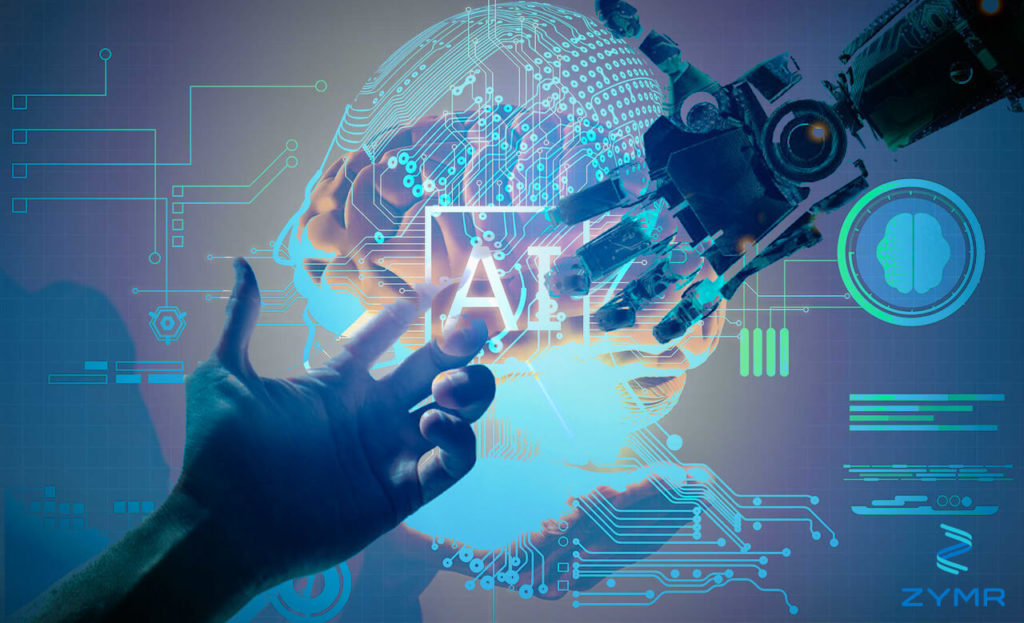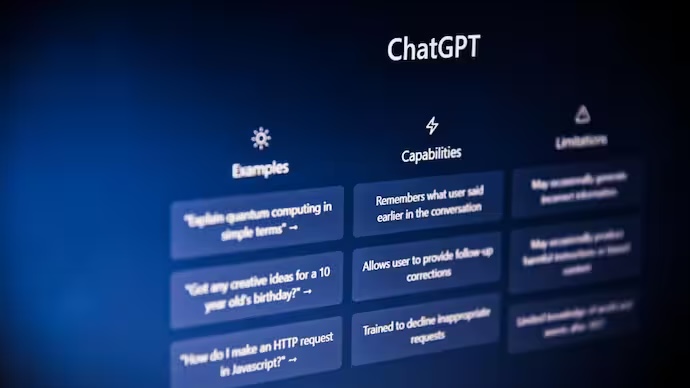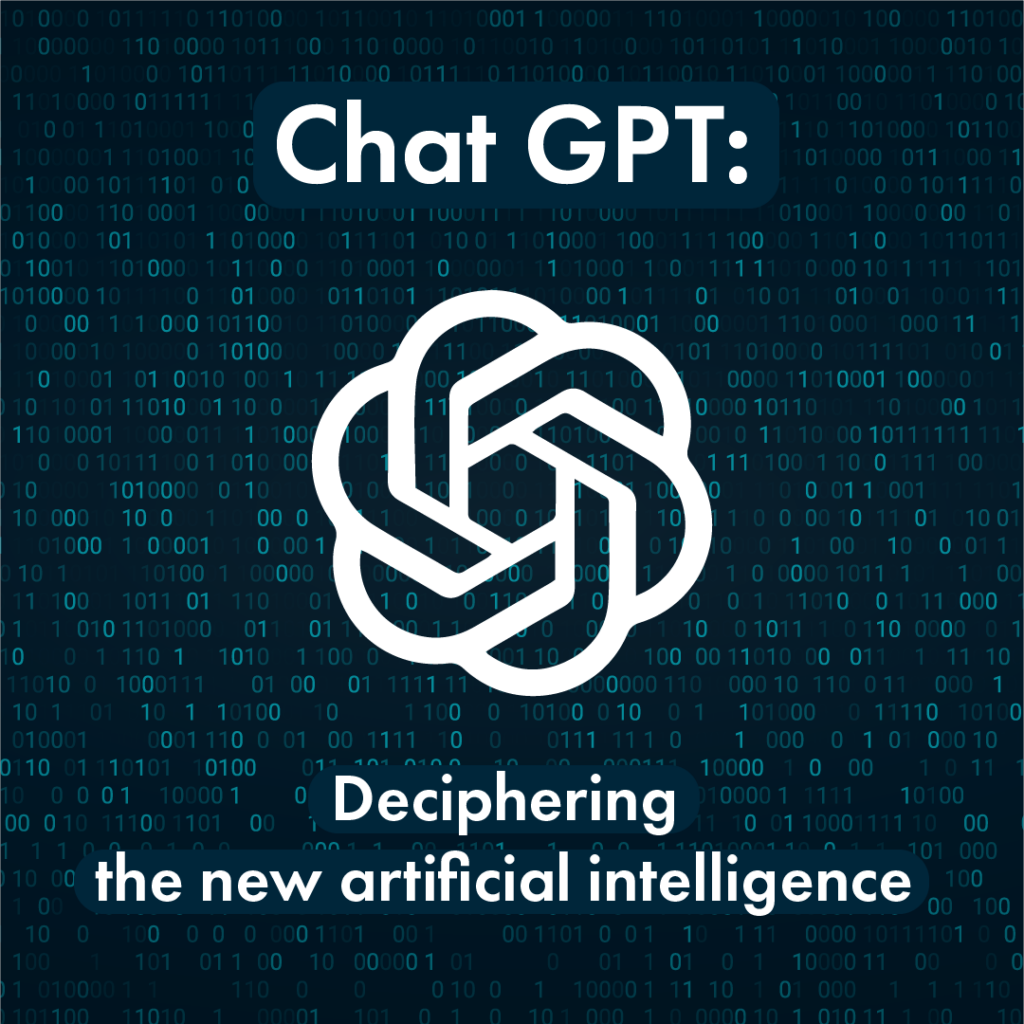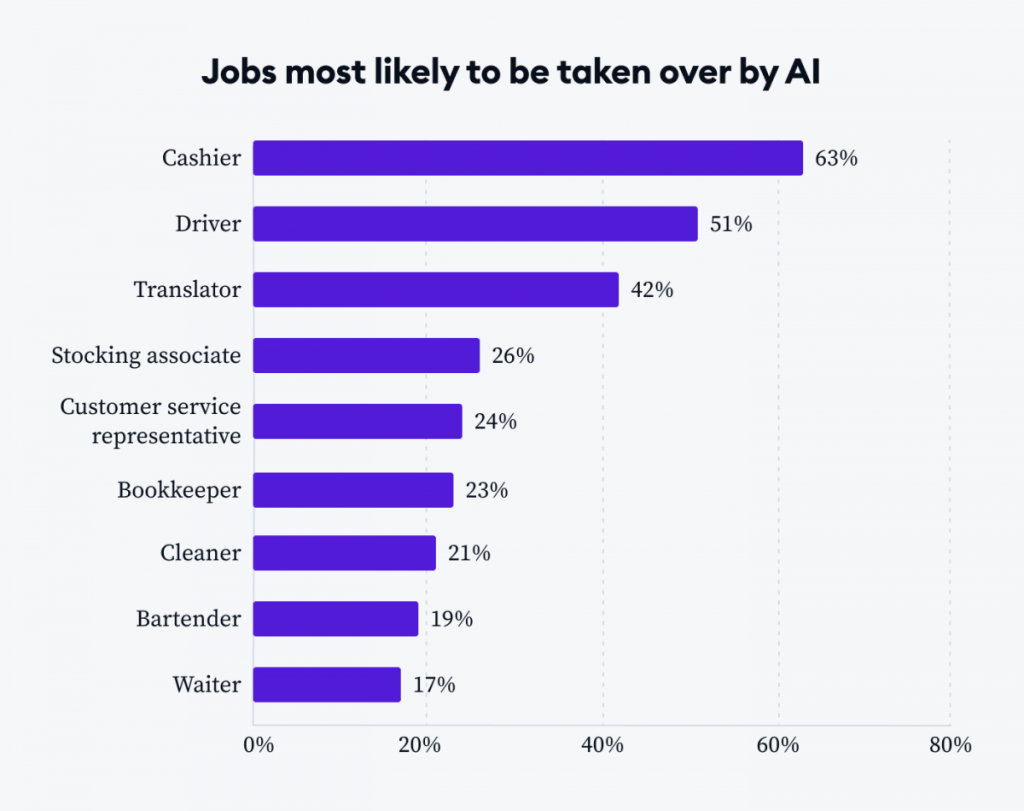The evolution of technology has always sparked debates about its potential impact on the job market. Lately, the spotlight is on artificial intelligence, especially with the emergence of OpenAI’s ChatGPT. Let’s jump right into the implications of this technological marvel and the roles it may soon dominate.

ChatGPT: Beyond Conversations
Introduced by OpenAI last year, ChatGPT’s capabilities have already expanded beyond mere chat functions. It has assisted in crafting cover letters, authoring children’s books, and even aiding students in their academic endeavors. Surprisingly, tech giant Google theorizes that ChatGPT could qualify as an entry-level coder.
Further validation comes from Amazon, where employees found ChatGPT proficient in customer support, training document creation, and even corporate strategy queries.
The Future Workplace: An AI Takeover?

While job cuts by giants like IBM and BT Group have linked their decisions to AI advancements, the bigger picture might be even more alarming. A 2013 study from the University of Oxford estimated AI could replace 47% of US jobs within two decades. However, recent findings from Goldman Sachs predict AI’s potential reach might touch a staggering 300 million full-time jobs globally.
Yet, Anu Madgavkar of the McKinsey Global Institute advises a balanced perspective. She emphasizes the importance of human judgment to counter errors and biases in AI-driven tasks. “We should perceive these as productivity-enhancing tools, not total replacements,” says Madgavkar.

The Most Vulnerable Jobs
Through extensive research and expert opinions, a list emerges of roles most susceptible to AI replacement:
- Tech Roles: Coding and computer programming remain high-demand skills. However, the proficiency of AI in these areas might soon bridge the skill gap. Madgavkar mentions software developers, web developers, and data scientists as particularly vulnerable due to AI’s numerical accuracy and efficiency.
- Media Jobs: The ability of AI to comprehend and generate text-based data puts roles in advertising, technical writing, journalism, and content creation at risk. Notably, media outlets like CNET have started experimenting with AI-generated content.
- Legal Services: Legal roles, especially those involving extensive textual data like paralegals and legal assistants, might be susceptible to AI intervention. Yet, as Madgavkar points out, the complexity of these roles might prevent full automation.
- Market Research Analysts: AI’s proficiency in data analysis could challenge the relevancy of market research analysts who traditionally identify data trends to guide marketing decisions.

- Educators: While there are concerns about ChatGPT’s potential role in teaching, the human connection inherent in the educational process may keep AI at bay.
- Financial Sectors: AI’s data-handling prowess could significantly influence roles in finance, especially with its ability to identify market trends and optimize investment strategies.
- Graphic Design: The emergence of AI tools like DALL-E that can generate images rapidly may challenge the graphic design industry.
- Accounting: Historically viewed as a stable profession, even accounting isn’t immune to AI’s influence. As Brett Caraway from the University of Toronto suggests, intellectual labor, including accounting, might be particularly vulnerable.
- Customer Service: With chatbots predicted to become the primary customer service channel for a quarter of companies by 2027, the future of human-led customer service seems uncertain.
A Look Ahead: Jobs in Decline by 2025
Certain roles are anticipated to decrease in demand by 2025, including data entry clerks, administrative secretaries, accountants, auditors, factory workers, and more. The impending dominance of AI forces us to reevaluate our career paths and adapt to this evolving landscape.
While AI, and particularly ChatGPT, promises efficiency and productivity, it’s essential to approach this technological evolution with caution and foresight. As we stand on the cusp of a potential job market revolution, it’s paramount to strike a balance between leveraging AI’s capabilities and preserving the irreplaceable nuances of human judgment.
Have you explored advertising on Facebook or TikTok? Share your journey, hurdles, and insights with the Right Celebrity community in the comments below!

